7 Retailers’ Footprint Plans to Maximize Profits
Bed Bath & Beyond’s Parent Takes Stake in Container Store
The parent company of e-commerce brand Bed Bath & Beyond has forged a bricks-and-clicks partnership with The Container Store. Beyond Inc. has agreed to invest $40 million for a 40% stake in the retail chain, and The Container Store will carve out in-store space to sell co-branded kitchen, bath and bedroom merchandise. The Container Store operates 103 stores in the U.S.
In addition, The Container Store will gain access to Beyond’s intellectual property, customer data, brand network and affiliate relationships to help the home organizing retailer return to same-store profitability. This effort includes featuring The Container Store on Beyond-owned websites. “This agreement will enable us to harness Beyond’s data platform and analytics to better identify and target customers at critical points in their purchase journeys and enhance communications with new and existing customers,” The Container Store president and CEO Satish Malhotra said in a statement on Wednesday.
Walgreens Plots Closure of 1,200 U.S. Stores over Next 3 Years
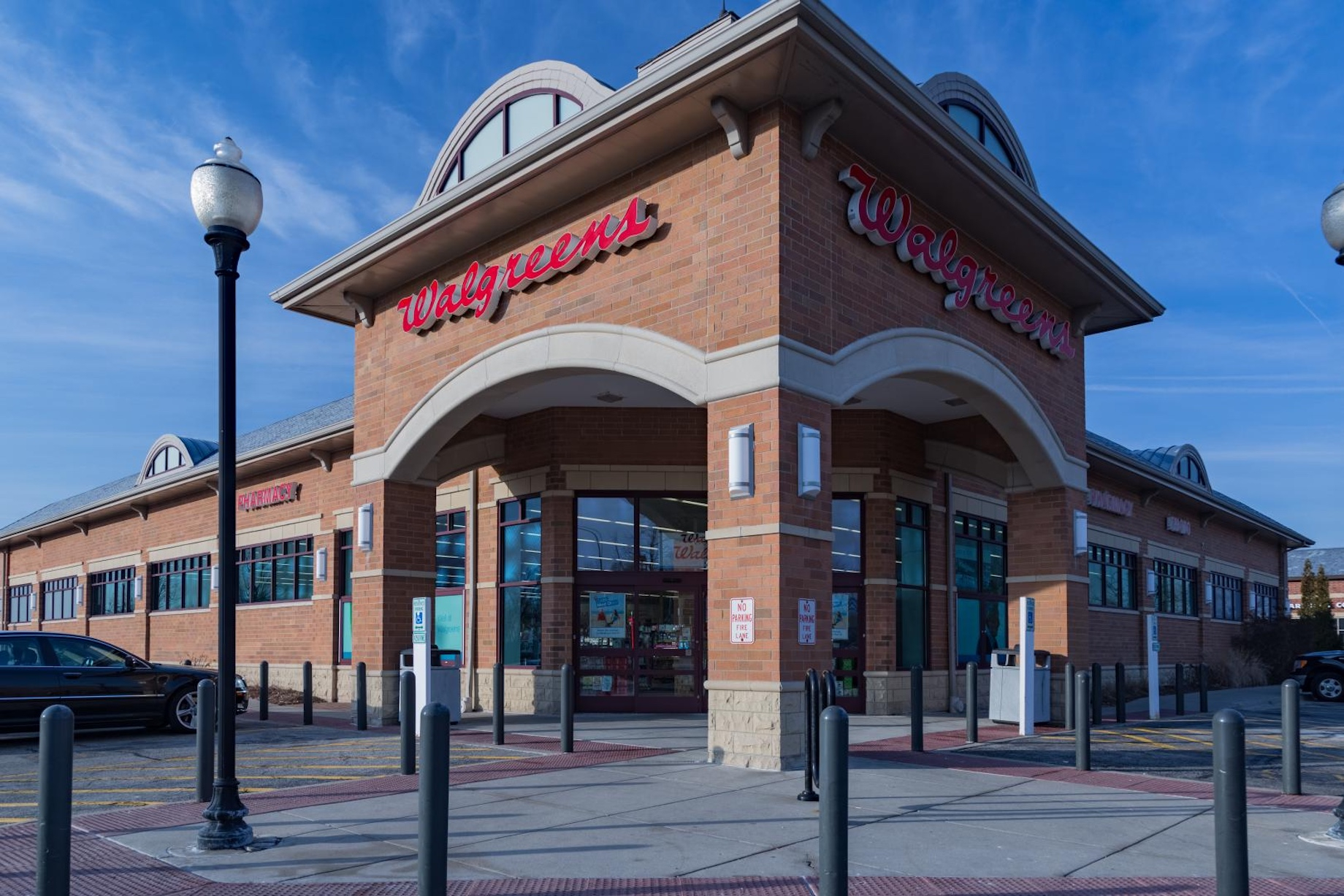
Photo courtesy of Walgreens
Citing weak sales, the Walgreens drugstore chain said it’ll shutter about 1,200 “underperforming” stores in the U.S. over the next three years. About 500 of the closures are set to happen during the company’s 2025 fiscal year, which ends next October. The planned closures will trim about 14% of Walgreens’ more than 8,700 locations across the country. The company says 6,000 of its stores are currently profitable.
“Executing on this program will realign our footprint to a healthier store base that we believe will enable us to respond more dynamically to shifts in consumer behavior and buying preferences,” Walgreens Boots Alliance CEO Tim Wentworth, who joined the company in October 2023, told Wall Street analysts on Tuesday.
Ulta Beauty Envisions 1,800 New Stores
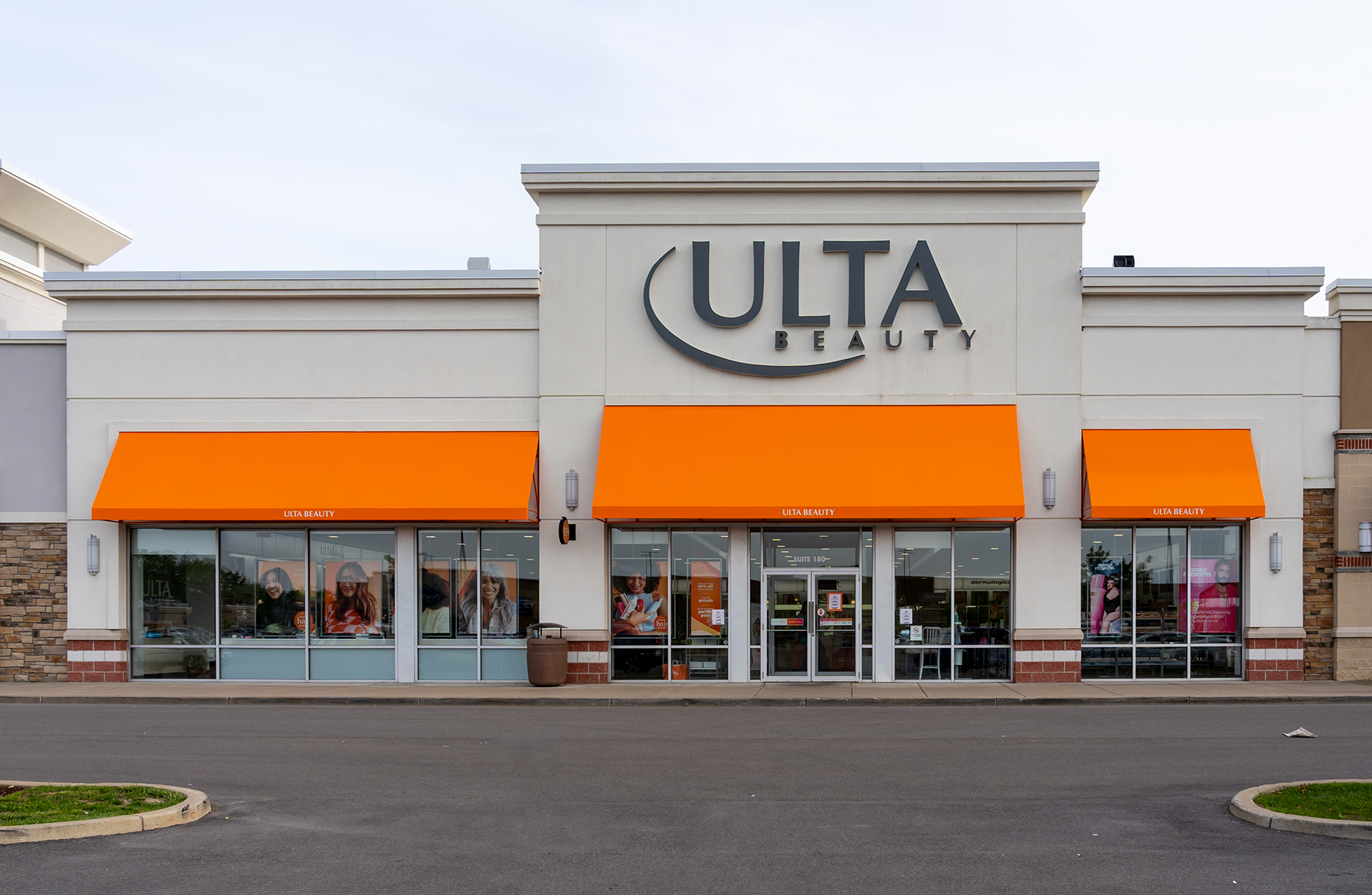
As it grapples with flat sales this year, Ulta Beauty has unveiled an ambitious blueprint for more than doubling its store count. On October 16, Ulta Beauty executives laid out plans to add 200 net new stores in the next three years. Over the long term, the cosmetics retailer expects to open more than 1,800 new stores. Today, Ulta Beauty operates 1,411 stores and operates in all 50 states.
“Ulta Beauty is a leader in a growing category with a proven model and substantial financial strength to invest and power our long-term growth,” CEO Dave Kimbell said. The company forecasts net sales of $11 billion to $11.2 billion in fiscal year 2024. That would be roughly even with total net sales in fiscal 2023 and down from an earlier projection of $11.7 billion to $11.8 billion in net sales for fiscal 2024.
True Value Will Sell Most of Its Business Operations to Rival
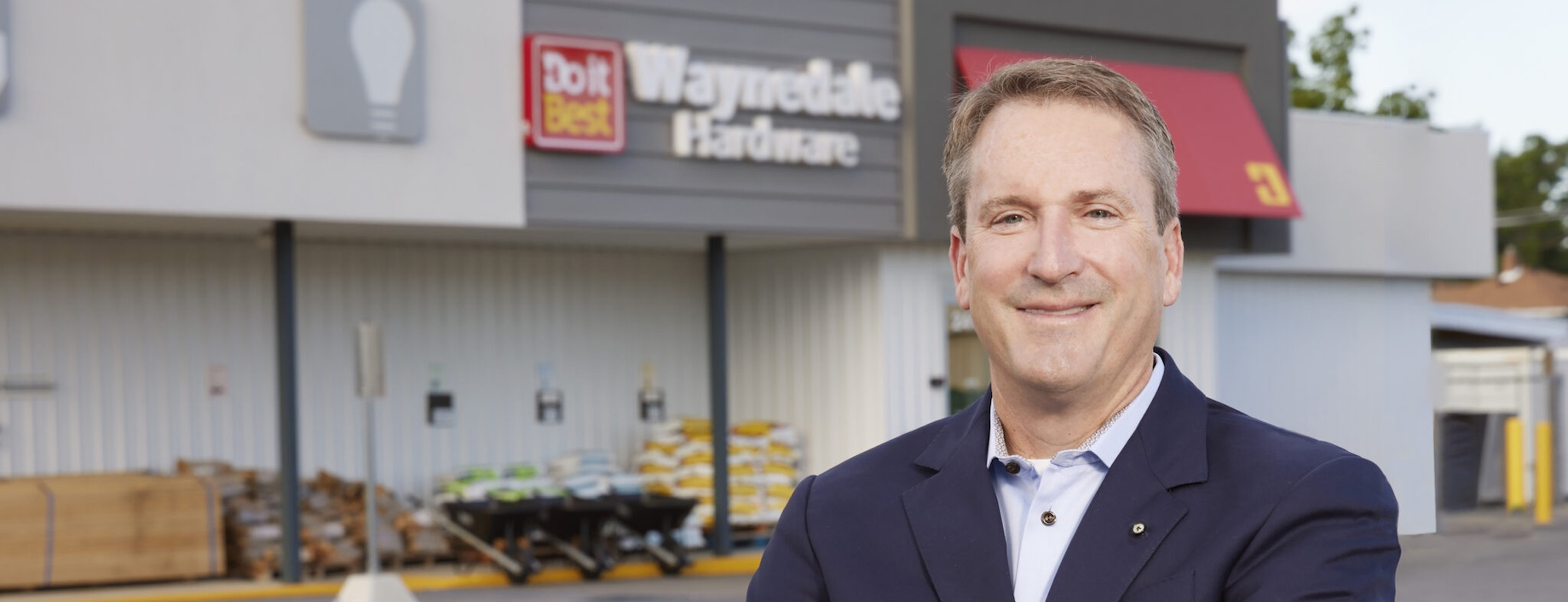
Do it Best president and CEO Dan Starr
True Value, a hardware retailer founded in 1948, is selling the bulk of its business operations to competitor Do it Best as part of a voluntary Chapter 11 bankruptcy filing. The price tag: $153 million in cash, along with the assumption of $45 million in contracts and other obligations. True Value’s 4,500 independently owned stores are not included in the bankruptcy case. Do it Best will buy True Value’s only company-owned store, though.
“After a thorough evaluation of strategic alternatives, we determined that the sale of our business was the path forward to maximize value and best serve our retail partners and other stakeholders into the future,” True Value CEO Chris Kempa said. The sale can’t go through until a bankruptcy judge approves it. Do it Best, with annual sales approaching $5 billion, said the deal would create a network of more than 8,000 stores in the U.S. and more than 50 other countries.
North America Is Key to Uniqlo’s Growth
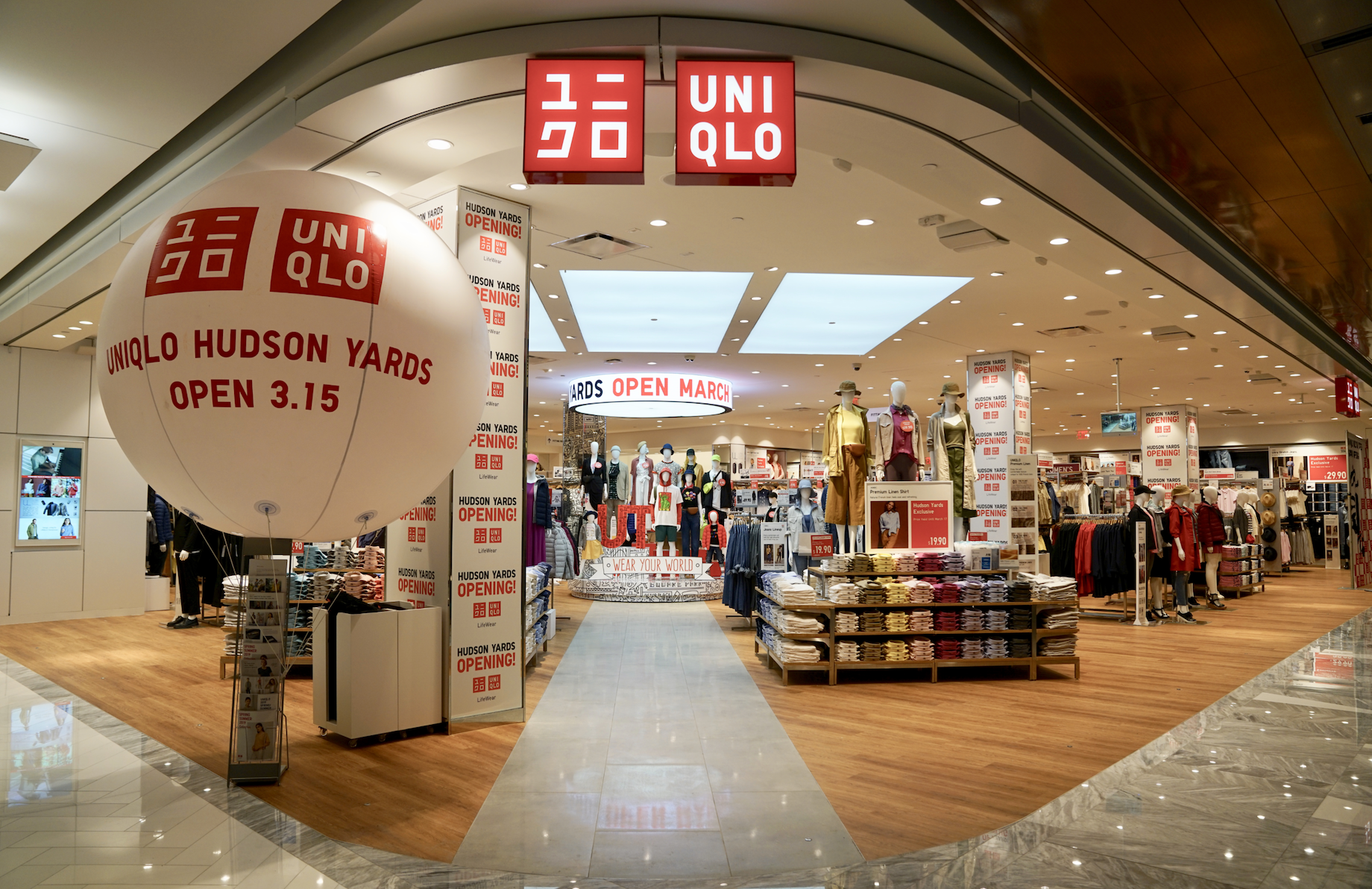
Uniqlo’s store in New York City’s Hudson Yards opened in March 2019. Photo courtesy of Fast Retailing
Watch out, H&M and Zara. Emboldened by record-breaking annual sales and profits, Japanese fast-fashion retailer Uniqlo aims to conquer Western markets. Tadashi Yanai — the billionaire chair, president and CEO of Fast Retailing and founder, chair and CEO of its Uniqlo brand — said that in its quest for annual sales of 10 trillion yen, or more than $67 billion, his 61-year-old company is targeting supersize growth in North America and Europe, according to Reuters.
“If we want to be truly the top global brand, we would not be able to claim that unless we can become No. 1 in both of those regions, North America as well as Europe,” Yanai said. As of September, Uniqlo operated 87 stores in the U.S. and Canada.
7-Eleven Will Trim Underperforming North America Stores
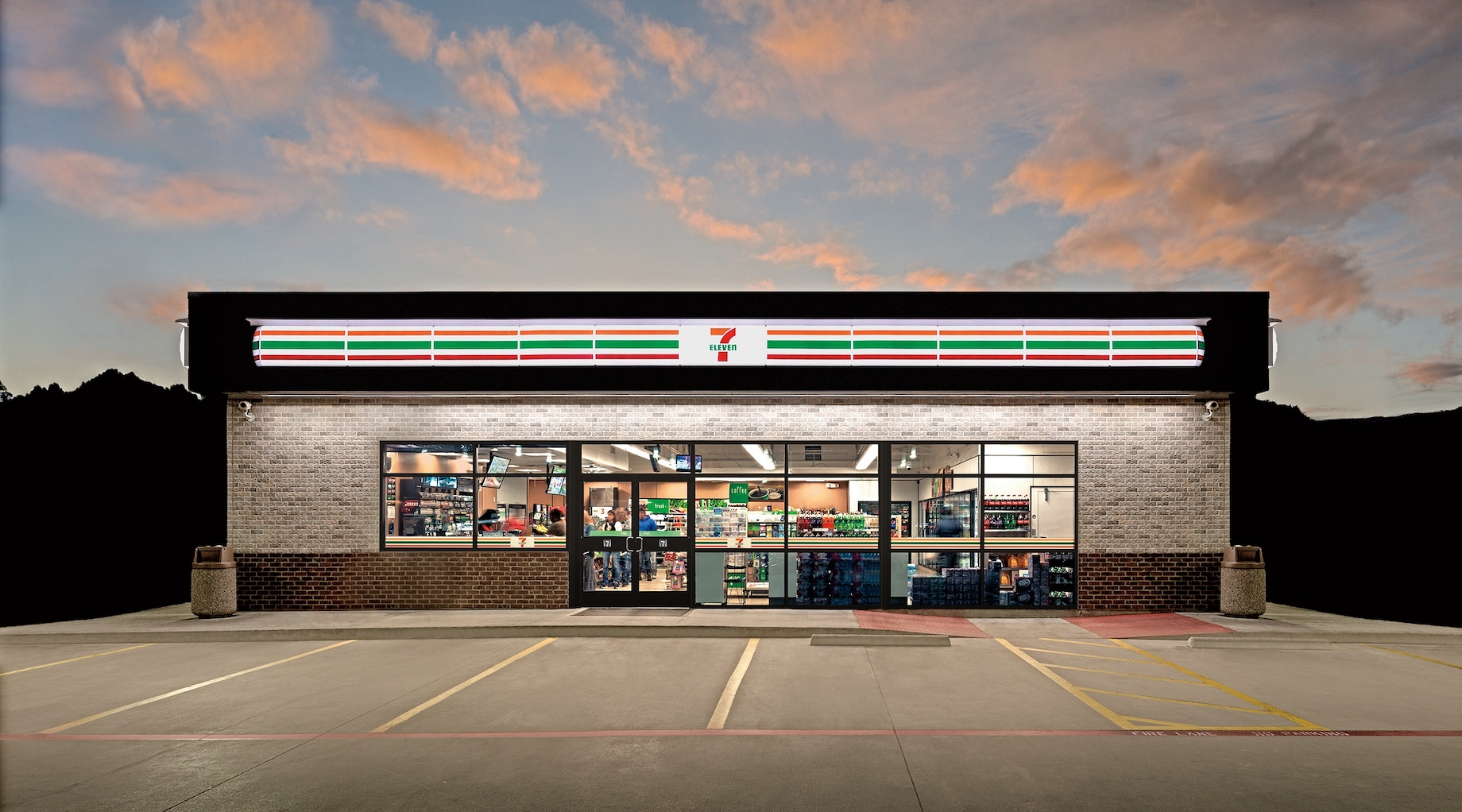
7-Eleven’s parent company will close 444 underperforming North America stores in the fourth quarter, according to parent company Seven & I Holdings’ latest earnings report. It also is marketing a $750 million sale-leaseback. It expects the two measures to boost 2024 earnings by $30 million and to yield $110 million annually.
Seven & I also reported that it will continue to grow its store network by acquiring and building stores. Seven & I’s Management Report 2024, published last month, said: “As of the end of December 2023, small chains with fewer than 10 stores and individually owned stores account for about 65% of the approximately 150,000 convenience stores across the U.S., while the top 10 chains, including No. 1-ranked SEI (with 13,122 stores), hold only about 20% of the market share, making it a highly fragmented industry.”
Michigan Grocer Rings Up Purchase of 49-Store Chain
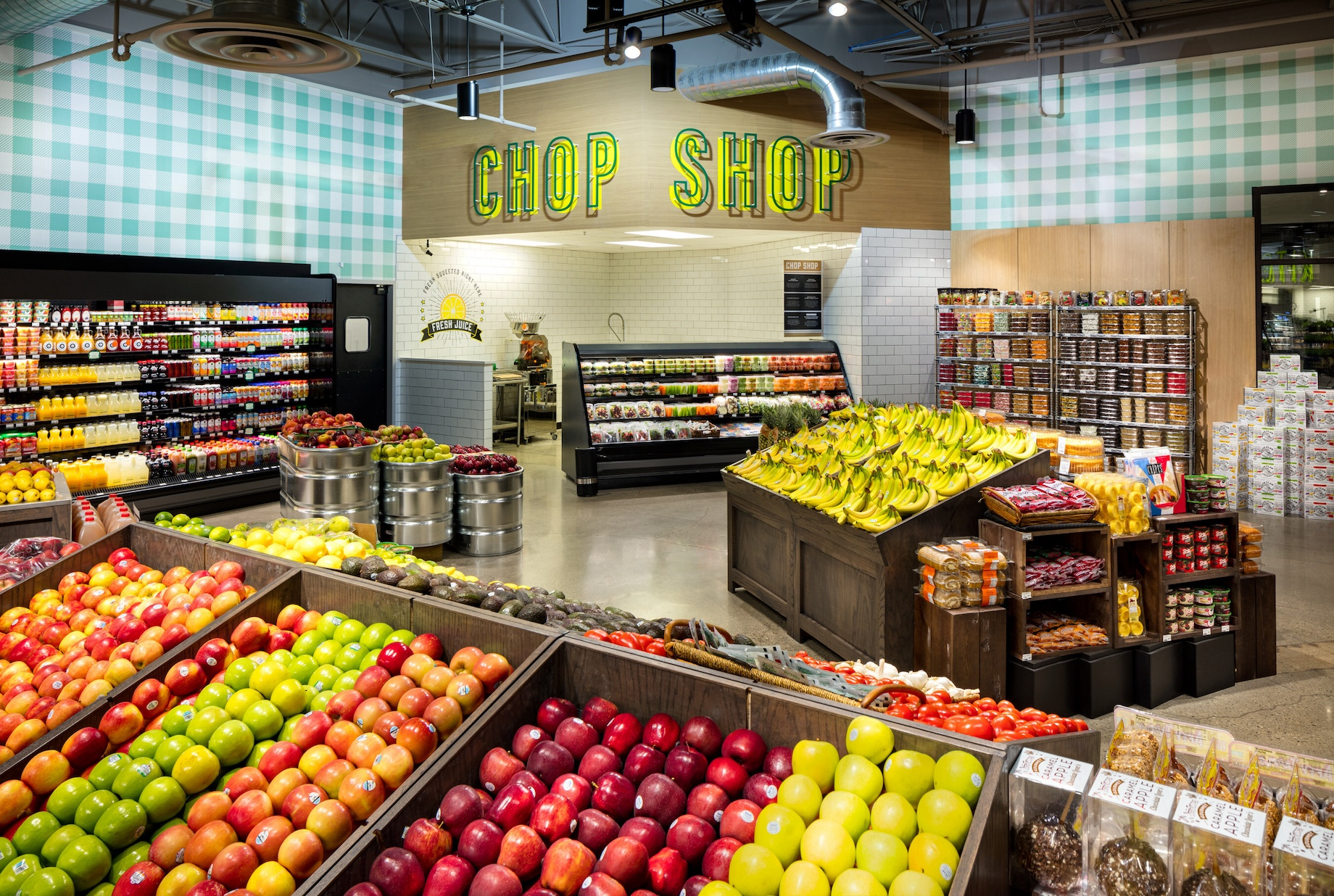
SpartanNash bought Fresh Encounter and its 49 supermarkets.
Michigan-based SpartanNash plans to add a 49-store grocery chain to its cart. The publicly traded grocer and food distributor agreed to acquire Fresh Encounter, which operates in Indiana, Kentucky and Ohio. Fresh Encounter had been a food-distribution customer of SpartanNash for 58 years. The deal expands SpartanNash’s retail footprint by 33%.
“Retail is a critical component of our business model and long-term strategic plan,” SpartanNash CEO Tony Sarsam said, “as we meet consumer needs and leverage insights from our stores to continuously innovate our products and operations across our wholesale business.” With the acquisition, SpartanNash will own 196 grocery stores in 10 states, primarily under brand names like Community Markets, D&W Fresh Market, Family Fare and Martin’s. The company posted net sales of $9.7 billion in 2023. The deal is expected to close next month.
Retail Racks Up 11 Straight Quarters of Vacancy Below 5%
Commercial real estate company Marcus & Millichap delivered an early holiday gift, of sorts, to the Marketplaces Industry. In its fourth-quarter Retail National Report, Marcus & Millichap declared that the retail sector entered the second half of 2024 as the only major commercial real estate type with a lower vacancy rate than at the end of 2019. According to the report, the national retail vacancy rate has stayed under 5% for 11 consecutive quarters. “Consumer resiliency [has] empowered standout tenant demand across the segment,” the report said. Marcus & Millichap added that limited availability of retail space “should steer most expanding retailers to existing stock.”
MORE FROM C+CT: The Search for Space: Stores Have Loosened Their Cookie-Cutter Prototypes
Still Positive: U.S. Retail and Food Services Sales Grow Again
“The U.S. economy is still in a solid state and consumers remain in a healthy position heading into the holiday season,” said ICSC research manager Matthew Panfel, citing September advance retail and food services sales from the U.S. Census Bureau. Retail and food services sales minus vehicles, auto parts and gas grew 3.7% year over year on a seasonally adjusted basis. “This positive news, along with the strong jobs growth, likely won’t stop the Fed’s rate cuts but could indicate a smaller decrease in November,” Panfel said.
Sales rose year over year for building supplies stores, food-and-beverage stores, clothing stores, health and personal care stores, miscellaneous stores, general merchandise stores and restaurants and drinking establishments. Sales from nonstore retailers also grew. Sales declined year over year at furniture stores, electronics stores and sporting goods, hobby, book and music stores.
—C+CT editor-in-chief Amanda Metcalf
CREDE C-Suite Addition Will Integrate Acquired Firms
Development and project management firm CREDE brought Mark Fergus on this week as chief integration officer to lead the integration of companies CREDE acquires. He has more than 30 years of experience in the construction industry and joins from a role as executive vice president for Cumming Group.

Mark Fergus
ICSC Members Among CPBA Award Winners
Multiple ICSC members and companies will receive Commercial Real Estate Industry Awards from the California Business Properties Association on Nov. 7.
• Primestor CEO Arturo Sneider, an ICSC trustee and executive board member, will be named Humanitarian of the Year.
• Allen Matkins partner Jonathan Shardlow will receive the Rex S. Hime Champions of Industry Legal award.
• C.J. Segerstrom & Sons’ South Coast Plaza in Costa Mesa will receive the Rex S. Hime Champions of Industry Retail award.
• Target’s Vista, California, location, the retailer’s first net zero store, will receive the Rex S. Hime Champions of Industry Sustainability award.
• Tejon Ranch Co.’s Tejon Ranch Commerce Center will be named Project of the Year.
—C+CT editor-in-chief Amanda Metcalf
By John Egan
Contributor, Commerce + Communities Today